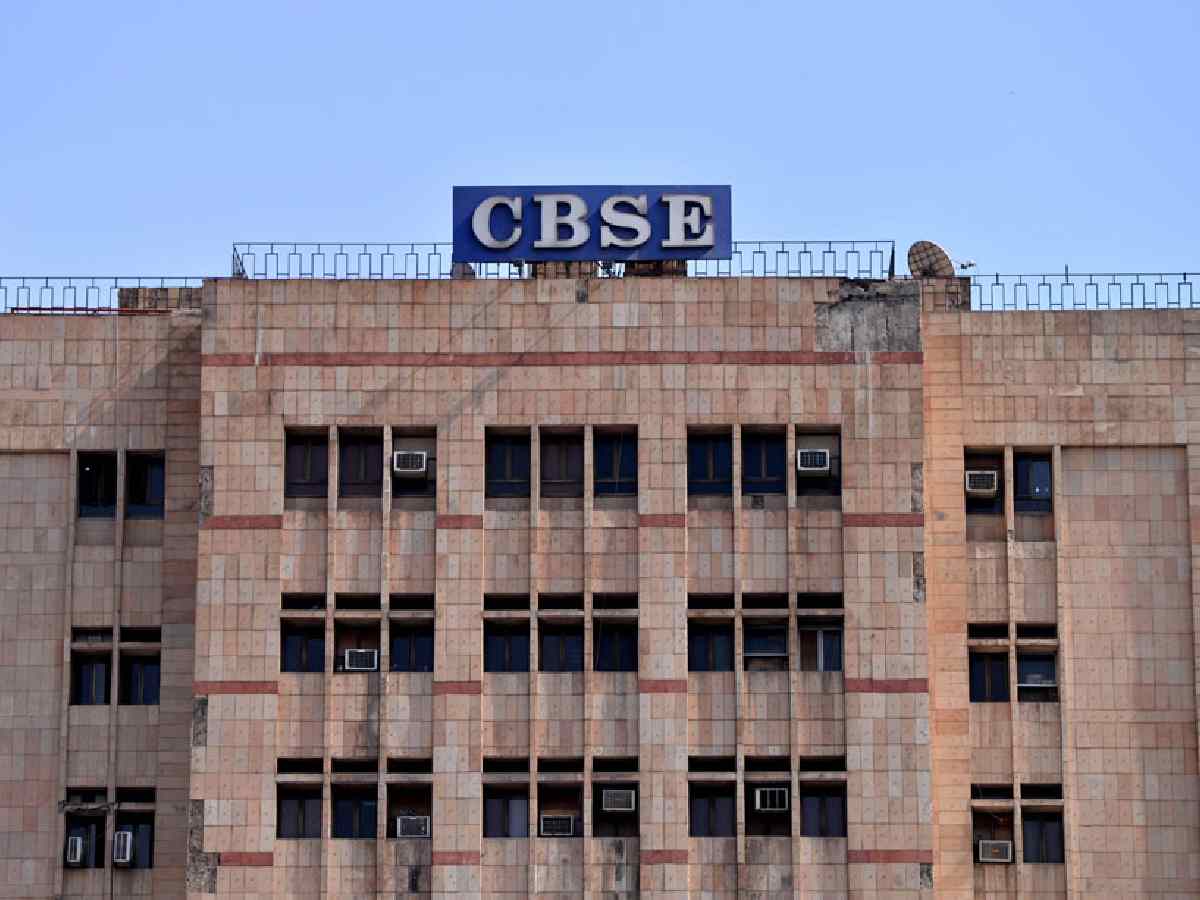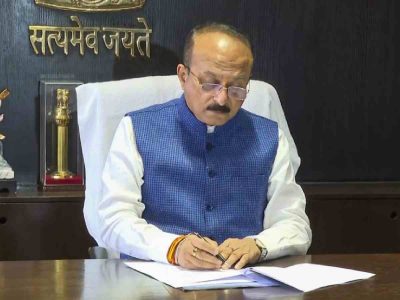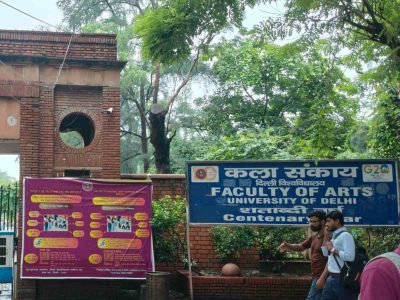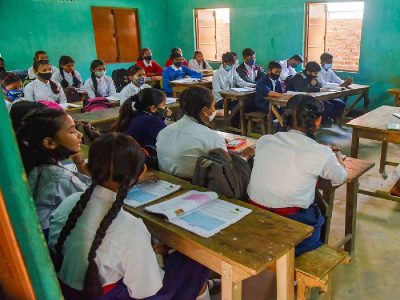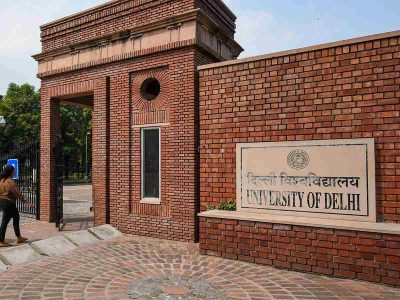A major debate has erupted over the Central Board of Secondary Education (CBSE)’s recent proposal to conduct Class 10 board examinations in two phases starting in 2026. The move has drawn mixed reactions from parents and educators. While some believe it offers students a valuable opportunity to improve their scores, others have criticised it as a policy that benefits private coaching centres more than students.
Under the revised structure, which will take effect from the 2025–26 academic session, all students will appear for the first board exam—considered the main assessment. Those who pass this exam will have the option to sit for a second exam within the same academic year to improve their scores in up to three subjects, including Science, Mathematics, Social Science, or languages.
Students who fail in one or two subjects will be allowed to appear in the second exam under the compartment category. However, students failing in three or more subjects will be marked as ‘Essential Repeat’ and will not be permitted to take the second exam. They must reappear in the board exams the following year.
CBSE has also clarified that after passing Class 10, students will not be allowed to choose new or additional subjects, and stand-alone subject exams post-results will not be permitted.
Parents raise concerns
Several parents have voiced concerns that the new policy may benefit coaching centres rather than easing academic pressure.
Speaking to Patriot, Aparajita Gautam, President of the Delhi Parents Association (DPA), said, “The proposed plan contradicts the core principles of the National Education Policy (NEP), which aims to reduce exam-related stress and promote holistic student development.”
Gautam argued that extending the academic calendar till the end of June for result declaration would delay the Class 11 session by three months, disrupting the nationally followed April–March academic cycle. This delay, she said, not only affects academic continuity but also places unnecessary strain on students and schools.
Highlighting financial concerns, Gautam objected to the policy’s non-refundable exam fees for both phases, noting that it would disproportionately impact students from government schools and underprivileged backgrounds.
“The added burden of higher exam fees may force many students to drop out after Class 9, derailing the vision of ‘Shikshit Bharat, Viksit Bharat 2047’,” she said.
She further pointed out that if students decide to change schools after the second-phase results, families may face double the fee burden—paying April–June fees at the current school despite no teaching, and then the quarterly fee at the new school. This, she argued, risks making quality education unaffordable for many.
Gautam also warned that the two-exam policy may unintentionally promote the coaching centre culture. With schools unable to support students during the exam gap, many families might turn to expensive coaching centres for preparation.
“This defeats the purpose of NEP, which seeks to end coaching dependence. Instead, students will be pushed deeper into the grip of private tuition and centres like Kota, Rajendra Nagar, and Mukherjee Nagar,” she said.
She added that a 15-month Class 10 session, followed by a truncated seven-month Class 11 session, would make it nearly impossible for schools to complete the syllabus in time.
“Can CBSE seriously expect the vast Class 11 syllabus to be completed in just seven months? This will only escalate academic stress,” she said.
The loss of summer vacations due to extended exams and evaluations would also impact family time and overburden teachers, who are often parents themselves.
Gautam cautioned against the risk of burnout, noting that a continuous exam cycle may exhaust both students and teachers.
“If students start seeing the academic year as an endless examination loop, we may witness a further dip in motivation and well-being.”
As a solution, she recommended that both exam phases be conducted within the same academic session—ideally in January and February—allowing flexibility for students to appear in one or both. She also demanded a complete waiver of exam fees and suggested reducing the syllabus load by cutting redundant chapters, as was done during the COVID-19 period.
“The board must consider the practical and emotional impact of this policy on families before finalising such a transformative change,” she said.
Parents express mixed views
Renu Mathur, a parent in Rohini, said, “While the idea of giving students a second chance sounds good, I’m worried it might actually increase the pressure. Students now have to prepare for two board exams in one year, which could be mentally exhausting. They might start relying on the second exam as a backup, which could affect their preparation quality.”
Manish Sharma, father of a Class 9 student in Karkardooma, added, “This change might make the system more complicated. Parents and students already struggle with constant changes in the syllabus and exam formats. Introducing two board exams will only add more confusion and logistical stress.”
Shalini Dutta, mother of Class 8 twins in Saket, said, “I fear this will create an unhealthy environment where students chase scores in multiple rounds. There’s a risk of comparison and stigma for those needing a second attempt. This could shift focus from learning to rote memorisation just to boost marks.”
However, others see merit in the policy. Sunita Verma, a parent in East Delhi, said, “The second exam attempt gives children psychological relief. It sends a positive message—that it’s okay to try again and improve. It’s a more inclusive and humane approach.”
Arvind Sharma, a parent and school teacher in Faridabad, noted, “Some students perform poorly in high-pressure situations despite being hardworking. This change gives them a second chance without losing a year. It reduces burnout and promotes continuous learning. It aligns with the NEP’s spirit.”
Priya Bansal, a parent in Mehrauli, also welcomed the move. “It treats students as learners rather than just test-takers. It helps them plan academic goals, especially for competitive exams. A one-size-fits-all approach no longer works, and I’m glad CBSE is acknowledging that.”
Mental health experts urge caution
Medical professionals have flagged potential mental health concerns linked to the two-exam system.
Dr Mimansa Singh Tanwar, Lead Clinical Psychologist at Mental Health & Behavioural Sciences, said anxiety around board exams stems from the narrative of them being life-defining events.
“In reality, these are just one of many exams students take during their academic journey,” she said.
Dr Tanwar stressed the importance of consistent study routines and overall well-being.
“Whether there is one board exam or two, the approach remains the same—regular preparation, revision, physical activity, a healthy sleep cycle, limited screen time, and open communication with family and friends.”
She warned against overburdening students.
“Solely focusing on studies without breaks heightens stress. Students must learn to balance exam prep with self-care. After all, board exams are just a part of a longer academic journey.”
She advised students not to view the second exam as a burden.
“Treat it like any other assessment—with preparation, positivity, and self-belief. If pressure feels overwhelming, talk to someone—family, friends, or a mental health professional,” she added.
Dr Rajiv Mehta, Senior Consultant Psychiatrist and Vice Chairperson at the Institute of Psychiatry and Behavioural Science, Sir Ganga Ram Hospital, echoed the concern.
“The introduction of two board exams is likely to heighten psychological stress for students in multiple ways,” he said.
“There will be double the pressure to perform in both exams, especially in today’s environment of intense academic competition.”
He noted that the reduced time between exams may deprive students of rest, leading to prolonged academic strain.
“This constant exam mindset, compounded by expectations from peers, parents, and schools, may push students into a state of chronic stress.”
He warned that the cumulative pressure could cause burnout and, in more severe cases, trigger mental health issues.
“We must recognise these risks early and create support systems to help students cope in a healthy and balanced manner,” Dr Mehta said.
School principals welcome the policy
Despite the concerns, several school principals in the national capital have welcomed the CBSE decision, stating that it aligns with NEP 2020.
Dr Alka Kapur, Principal of Modern Public School, Shalimar Bagh, said, “The recent announcement by CBSE to conduct board examinations twice a year for Class 10 is a progressive step aligned with the vision of the National Education Policy 2020.”
Also Read: Private schools misused funds, violated norms: DoE audit reports
“This reform aims to reduce academic stress, provide greater flexibility, and empower students with the opportunity to improve their performance through multiple attempts,” she said.
“By allowing students to retain their best score, the system not only alleviates the pressure of a single high-stakes exam but also promotes a more balanced and student-friendly approach to assessment. It encourages continuous learning and self-improvement, which are essential for holistic development,” Kapur added.
However, she cautioned that the success of the reform will depend on its effective implementation.

